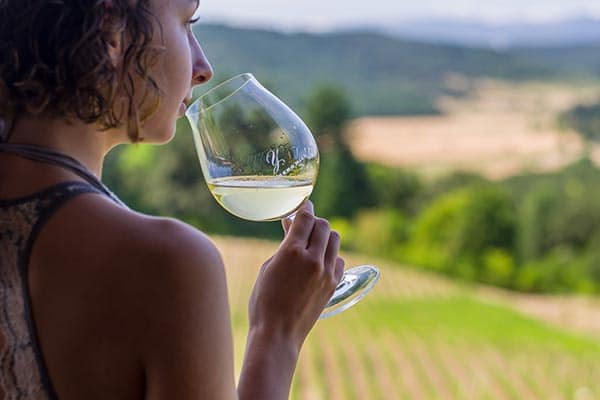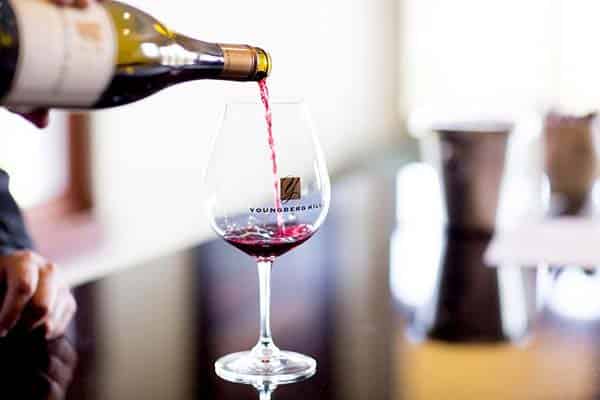We are often asked whether wines should be decanted or aerated before drinking. My answer is that it depends on the age of the wine, the vintage, the wine-making style, the varietal, etc. etc. etc. So let’s discuss some criteria for treating wine to a little air and the benefit of doing it different ways.
While air (oxygen really is our interest here) exposure during the wine-making process is typically not encouraged, a minimal amount of air exposure while the wine is in the bottle helps the wine to age. I won’t go into all the details here, but the important thing is that a little air goes a long way. That is why cork (and now screw caps) are preferred over other enclosures. They let in just enough air for the wines to age gracefully.
While we are on the subject of older/aged wines, let’s address the need to decant. As the wine ages, the tannins soften and become more integrated through the wine, the fruit characteristics become more subtle and become more integrated with the more earth based characteristics. Over a period of 10 to 20 years, this process takes place slowly and at different times depending on the vintage, the varietal, and the oak. After the first 10 years or so, the wine has been isolated from any extremes (hopefully) and is fairly quiet, as in being asleep, although still alive. When opening it up and taking that first sip, the wine may seem wanting and not revealing itself. If you wait several hours, the wine will begin to wake up and begin to reveal its characteristics; to come alive. That is where decanting can be beneficial. By decanting, the wine is exposed to more air, more quickly, so what may take several hours setting in the bottle now only takes an hour.
Why not use an aerator for the same task? While the two process accomplish the same thing, they do it in very different ways. Decanting is relatively delicate and allows the wine to take in air at its own rate. Aerating is much more aggitative and forces air interaction with the wine much faster. That kind of aeration can be beneficial to a young bottle of wine. When young wine, not yet laid down to age, but made to age, is opened; it too may seem quite unrevealing and hard to express itself. While leaving the bottle open for a while or decanting will help, aerating will open up the wine much faster. The caution with a young wine is this; if it is a good quality wine that has some age-ability to it, it will benefit from the aeration and the wine will be good throughout the bottle. If it is a lessor quality wine intended to drink now, then aerating might tend to cause the wine to lose its liveliness before the wine is drank.
Leave us a comment to let us know your thoughts on whether you think it’s right “To Air or not to Air”.













